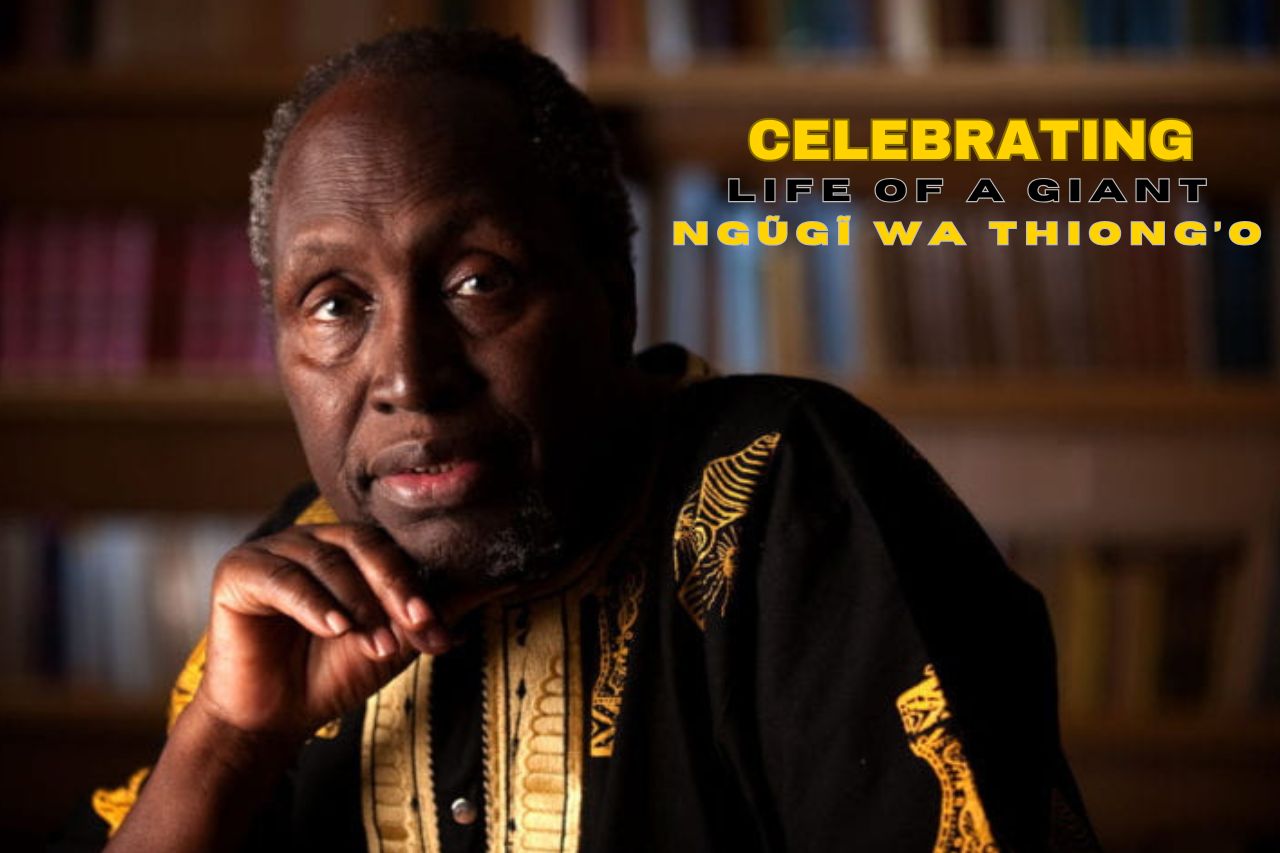What Does It Mean to Praise God? An In-Depth Look at Its Meaning and Purpose
Praising God is a practice deeply rooted in faith and scripture, resonating across various religions, particularly within Christianity and Judaism. But what does it truly mean to praise God? In essence, praising God involves expressing admiration, gratitude, and reverence toward the divine. This act is not merely about uttering words; it’s an expression from the heart that connects believers to the higher power they worship.
In this article, we’ll explore the meaning of praise, how it’s defined in the Bible, and why it’s so integral to spiritual life.
The Meaning of Praise in the Bible
In biblical terms, “praise” goes beyond simple appreciation. The word “praise” in the Bible has origins in various Hebrew and Greek words, each capturing different facets of admiration and worship. For instance, one commonly cited Hebrew word for praise is “Hallelujah,” which means “Praise the Lord.” This term embodies both celebration and reverence, acknowledging God’s power and goodness.
The King James Version (KJV) of the Bible often uses the word “praise” to denote acts of devotion, worship, and thanksgiving. Praise is seen as an outward declaration of inner gratitude, love, and reverence for God. It serves as a reminder of God’s greatness, mercy, and promises, inspiring believers to express awe for His works.
What Does It Mean to Praise God?
To praise God means to recognize His attributes, glorify His name, and honor Him through our words, actions, and thoughts. Praise acknowledges God’s role as the creator and sustainer of life, recognizing that everything comes from Him. It is an act that requires both humility and admiration, as believers shift focus away from themselves and instead glorify God.
There are numerous ways to praise God. Here are a few examples:
Singing and Music:
Music has long been a form of praise, as seen in many psalms, which are songs of worship to God. Singing hymns and spiritual songs can lift the spirit and bring people closer to God.
Prayer and Thanksgiving:
Offering prayers of gratitude and acknowledging God’s blessings is another form of praise. This is a direct way of communicating with God and expressing thankfulness for His works.
Acts of Service and Obedience:
Praise doesn’t stop at words; it also includes actions. Obeying God’s commandments and living a life that aligns with His teachings is seen as a way of honoring and praising Him.
Sharing Testimonies:
Telling others about God’s goodness and sharing personal experiences of faith are also forms of praise, encouraging others to recognize His influence in the world.
Meditation and Reflection:
Reflecting on God’s attributes and spending time meditating on His word can deepen one’s relationship with God. It fosters a sense of awe and respect that fuels praise from the heart.
Giving and Sacrifice:
Giving to others and supporting those in need is another form of praise that aligns with God’s compassion. Helping others is a testament to God’s love and generosity.
What is the Purpose of Praise?
The purpose of praising God goes beyond simple acknowledgment. Praise is an essential part of spiritual growth, as it allows believers to:
Connect with God:
Through praise, people draw closer to God, fostering a deeper relationship with Him. It’s a way to communicate reverence, adoration, and gratitude.
Shift Focus:
Praise takes the focus off one’s own struggles and places it on God, who is greater than any obstacle. This perspective shift can be comforting and empowering.
Acknowledge Dependence on God:
By praising God, believers recognize their dependence on Him and acknowledge His role in every aspect of their lives.
Build Faith and Trust:
Consistent praise, even in difficult times, builds resilience and strengthens faith, encouraging believers to trust God’s plan.
Seven Types of Praise in the Bible
The Bible mentions different types of praise, each reflecting unique ways of worship:
Todah:
A form of thanksgiving that is often sacrificial, where believers thank God in advance for His blessings.
Yadah:
An expression of praise involving outstretched hands, symbolizing surrender and gratitude.
Barak:
To kneel or bow as a sign of reverence and humility before God.
Shabach:
A loud shout or declaration, often used to celebrate God’s triumphs.
Zamar:
Praising God through music, often instrumental.
Tehillah:
Singing a spontaneous song of praise, showing joy and freedom in worship.
Hallelujah:
A general expression of praise that literally means “Praise the Lord.”
Each of these types of praise allows believers to worship in ways that align with their unique expressions and personalities.
How to Praise God with Your Whole Heart
Praising God with one’s whole heart means giving full, undivided attention and sincerity to worship. The Bible encourages believers to engage in wholehearted praise, which means removing distractions and focusing entirely on God. This depth of devotion can transform a believer’s mindset and bring a profound sense of peace and joy.
To praise God wholeheartedly, one can begin by reflecting on His goodness, expressing gratitude for His blessings, and trusting in His promises. Praising with a whole heart involves honesty, surrender, and openness to God’s presence.
Praise the Lord Meaning in Hebrew
The Hebrew expression “Praise the Lord” is often translated as “Hallelujah,” which comes from two root words: “Hallel” (to praise) and “Yah” (a shortened form of Yahweh, the sacred name of God). Together, these words form a powerful declaration of God’s glory. In Jewish tradition, this phrase is used to celebrate and honor God’s presence and attributes, demonstrating both love and awe.
Final Thoughts
Praising God is more than a ritual it’s a heartfelt expression of faith that brings believers closer to the divine. Whether through song, prayer, or acts of kindness, praise is a vital part of the spiritual journey, allowing individuals to connect with God, strengthen their faith, and experience a sense of peace. Embracing the practice of praise with a full heart can transform one’s outlook on life, providing hope, purpose, and a deeper relationship with the Almighty.





